Manasseh's Folder
MANASSEH’S FOLDER: The GNPC kickback and the AU Convention on illicit enrichment
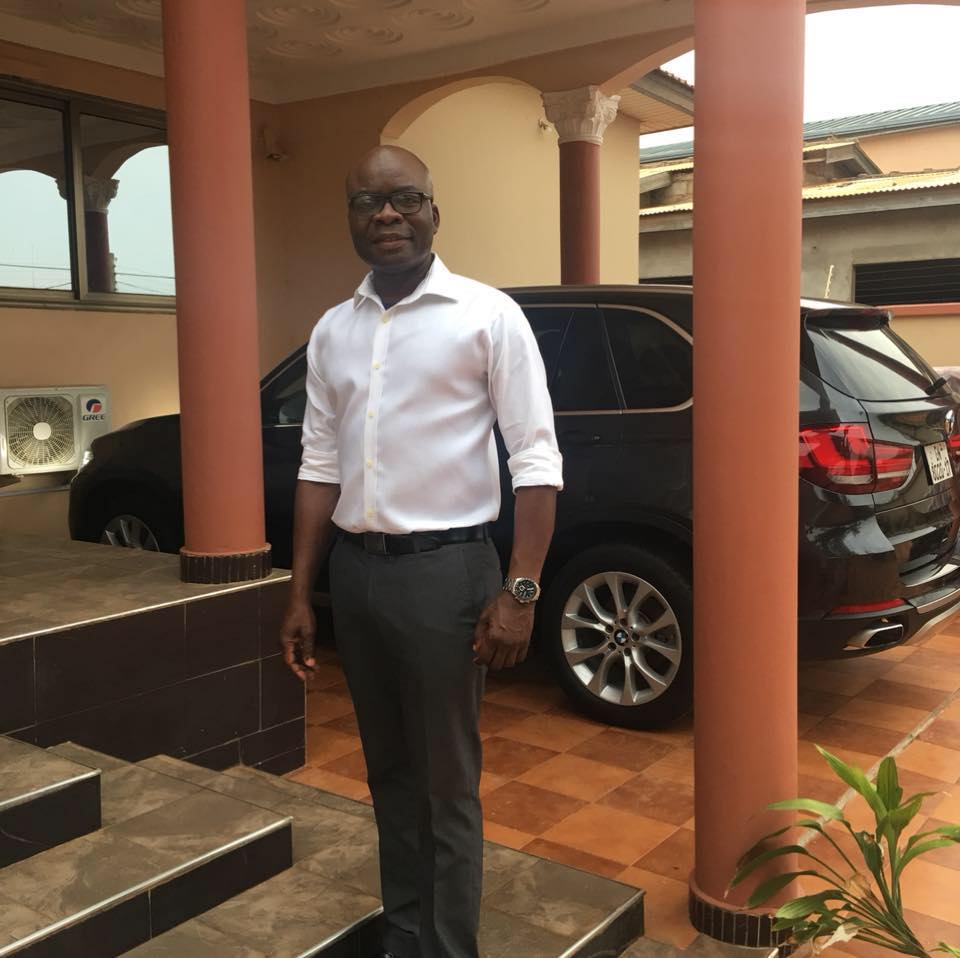 Chief Procurement Officer of GNPC, Samuel Ledo, allegedly received payment of kickback on behalf of the GNPC
Chief Procurement Officer of GNPC, Samuel Ledo, allegedly received payment of kickback on behalf of the GNPC
One hot afternoon in December 2014, I walked into the office of the Chief Procurement Officer of the Ghana National Petroleum Corporation (GNPC), Mr. Samuel Ledo. I was investigating an allegation that a company the GNPC had awarded a contract to organise viewing centres for the 2014 World Cup had paid kickbacks (bribes) to persons linked to that contract.
There was an allegation that the company, E-Volution International, paid GH¢80,000 to the GNPC, GH¢100,000 to the Minister of Youth and Sports, Elvis Afriyie-Ankrah; and another GH¢100,000 to the World Cup Committee. The minister had formed the committee to plan Ghana’s participation in the World Cup.
Proving these allegations was difficult. But it was not impossible.
Someone in the industry had said the entire project could cost GH¢200,000 or less. There was also information that some corporate bodies needed the right to organise the viewing centres for free, but the GNPC paid GH¢1,000,000 to E-Volution International, an events and marketing company, to undertake the project. This meant there could be a reason to pay a bribe after winning the contract. So I went searching for evidence to support the claim.
A bank statement of E-Volution International showed that the GNPC paid the
GH¢1,000,000 into the company’s account on June 9, 2014.
I also had evidence of three payment vouchers for the alleged kickbacks or bribes, all dated June 11, 2014, were signed and approved by the C.E.O of E-volution International, Mr. Fred Darko. Mr. Fred Darko was also the project coordinator for the 2014 World Cup. Conflict of interest? Well, that’s not the juiciest part of this stale tale.
On 10th June 2014, a day after the GNPC’s payment hit the company’s account, GH¢100,000 was withdrawn from the company’s account. On June 12th, GH¢80,000 was withdrawn from the company’s account while GH¢100,000 was also withdrawn from E-Volution International’s account on June 13th.
Per one of the vouchers, an amount of GH¢100,000 was to be paid to Elvis Afriyie-Ankrah as “production cost (Brazil -2014)”. Below the signatures on the payment voucher was an instruction to the Company’s accountant, Alfred Padi: “Pls deal as PR to Elvis A. Ankrah. FD.”
Another payment voucher of GH¢100,000 with the same description was to be paid to the World Cup Committee. Below the signatures of approval was an instruction to Alfred: “This is honorarium to Brazil 2014 committee members. Pls deal. FD.”
The final internal payment voucher, also dated June 11, 2014, approved payment of GH¢80,000 as “PR-GNPC (Brazil 2014)” to the GNPC.
Mr. Elvis Afriyie-Ankrah denied receiving any money from the company. Members of the World Cup Committee also denied receiving any money when I contacted them. At this point, it was difficult to get any proof. It was possible they got the money. It was also possible someone in the company could have taken the money in their name but did not give it them.
But a piece of information provided by a source in the company was very useful in proceeding with this investigation. The source alleged that the money for Mr. Afriyie-Ankrah and the Committee was taken to them in cash by the CEO of E-Volution International. As stated earlier, there was no proof that they received it.
However, the third payment, the GH¢80,000 for the GNPC, according to my source, was paid into the bank account of the GNPC’s Chief Procurement Officer, Samuel Ledo. GNPC is based in Tema and the company was in Accra so the distance made it necessary that the transaction be facilitated through the bank. I got the name of Samuel Ledo’s bank and decided to give it a try. The results were fascinating.
After days of digging, I discovered with documentary evidence, that the accountant of E-Volution, Alfred Padi, on June 12, 2014, withdrew GH¢80,000 from E-volution’s account with the Airport Branch of UT Bank.
On that same day, GH¢80,000 hit Samuel Ledo’s account with the GCB Bank. And guess who paid that money into the account! It was Alfred Padi, E-Volution International’s Finance Director who withdrew the money from the company’s account that same day. This was the man who was instructed on the payment vouchers to act on the approved payments.
In his office in Tema, Samuel Ledo denied ever receiving any payment from Alfred Padi or anybody from E-Volution. Unfortunately for him, I held in my hand a copy of his own bank statement.
“Are you Samuel Ledo?” I asked.
“Yes,” he answered.
“Do you have an account with Ghana Commercial Bank, Kaneshie Branch?” I asked again.
Then I mentioned his account number to him and he confirmed it.
“Do you know Alfred Padi?”
“Yes,” he said, and proceeded to add that he worked with E-Volution.
To cut a long story short, Samuel Ledo admitted receiving that money from Alfred Padi. He would, however, not tell me what the purpose of that money was, except to say it was for a private deal. I asked if he had a private business or had sold something to Mr. Padi. He would not answer that. That was not my business, he told me.
My business was to do a story, and my secret recorder had gathered enough confirmation on the documents I had gathered. I left Tema and came back to Kokomlemle to file my story.
What was done to Mr. Ledo?
Nothing!
It is was one story that was conclusive. Lawyer for E-Volution, Alex Abban, who initially denied payment of any bribes admitted on the Super Morning Show on Joy FM that from the conclusion, it appeared some money had exchanged hands.
Samuel Ledo’s lawyers wrote a rejoinder to the story and denied any wrongdoing on his part. Part of the rejoinder state: “Again it was clear from the recording that Our Client indicated to your reporter that he knew Alfred [Padi] long time ago and that transaction is private/personal and has nothing to do with E- Volution yet you have put in the public domain that once Alfred is the accountant for E- Volution, and GHȻ80,000 was cleared from E-Volution accounts and GHȻ80,000 was paid into our Client’s account then the monies were from E-Volution.”
As a journalist, I still feel hurt that after putting so much effort to get to the bottom of the matter, nothing came out of it. The police, EOCO and other state anti-corruption agencies did not do anything about the case. If he was innocent as his lawyers claimed, it would have been better for his reputation to have the security agencies investigate, find the reason for the payment into his account of the money and clear him. No such thing was done. It appears alien to question the source of wealth of people in Ghana.
Last week, the Ghana Integrity Initiative launched a report on Ghana’s compliance with the African Union Convention on Preventing and Combatting Corruption (AUCPCC). The report revealed “existing legislative and measures show that illicit enrichment and conflict of interest have not yet been established as offences.” The report also revealed that Ghana is “non compliant with article 20 of the United Nations Convention against Corruption (UNCAC), which contains no option other than criminalize illicit enrichment”
The Commission on Human Rights and Administrative Justice (CHRAJ), the Economic and Organised Crime Office (EOCO), the Criminal Investigation Department of the Ghana Police Service and the Financial Intelligence Centre (FIC); and recently formed Office of the Special Prosecutor (OSP) are the specialized bodies that have been empowered to fight corruption in Ghana. In order to succeed, however, legal net to be used for fishing out the corrupt ought to be so tight that no fingerling of technicality should be able to pass through it. The EOCO has, on many occasions, been ordered by the court to defreeze accounts or release assets of suspected corrupt individuals when there appears to be overwhelming evidence against such persons.
Governments over the years have pledged their commitment to fighting corruption but the legal regime must be seriously looked at. It is not enough to ratify the African Union Convention on Prevention and Combatting Corruption and other such treaties. We must modify or pass laws that will make our ratification of the treaties useful.
Corruption is very difficult to prove in court and so following the conventional laws of prosecuting cases against corruption might fail. Strict laws on illicit enrichment and confiscation of ill-gotten wealth will serve as a disincentive to be corrupt.
Last year, I had the privilege of sitting in a meeting when a delegation from Nigeria visited the Ghana Integrity Initiative. The delegation included top officials from the Economic and Financial Crimes Commission (EFCC). One of the main reasons they cited for the EFCC’s success in recent times is confiscation of proceeds of illicit wealth. According to the team, it had become difficult to flaunt ill-gotten wealth.
For instance, if someone was suspected of acquiring ill-gotten wealth, the Commission would take the property and ask the owner to come forward and justify how they acquired it. Many people had to run away leaving their estates or other properties because they could not explain how they got them. Those properties and monies were confiscated by the state.
This should happen in Ghana. There are money-laundering laws and the banks are supposed to report suspicious transactions that hit accounts of their clients. So some channel the ill-gotten wealth into acquiring properties and no one asks them any question.
If Manasseh owns a property in Trasacco Valley and it is common knowledge that a journalist’s income cannot acquire that, nothing should stop the state anti-corruption agencies of placing their hands on it and asking me to come and explain how I got that property. Until it becomes difficult to spend illicitly acquired wealth, there will always be the incentive to acquire it.
The writer, Manasseh Azure Awuni, is a journalist with Joy 99.7 FM. He is the author of two books, “Voice of Conscience” and “Letters to My Future Wife”. His email address is azureachebe2@yahoo.com. The views expressed in this article are his personal opinions and do not reflect, in any form or shape, those of The Multimedia Group, where he works.

-
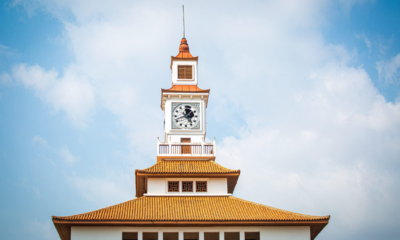
 Random Thoughts10 months ago
Random Thoughts10 months agoA Dutch Passport or a Ghanaian PhD?
-

 Foreign News10 years ago
Foreign News10 years agoEvery Animal Meat Is Not Beef! See All Their Names
-
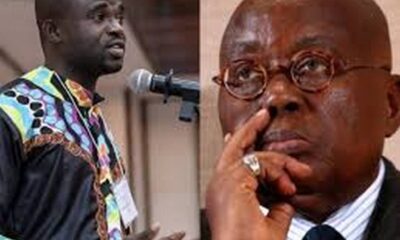
 Manasseh's Folder12 months ago
Manasseh's Folder12 months agoManasseh’s Praise and Criticism of Akufo-Addo’s Action on the SML Scandal
-
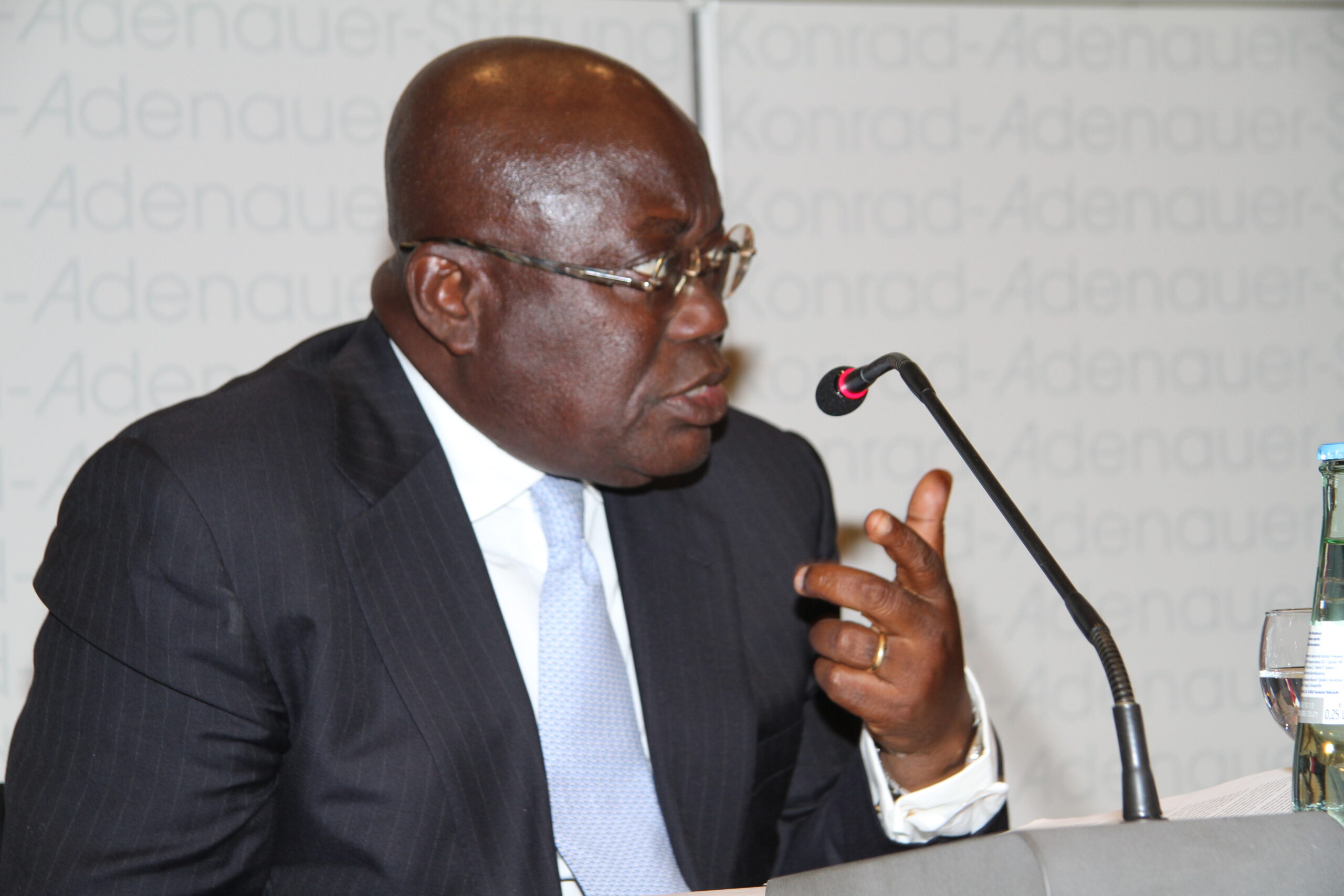
 Guest Writers9 years ago
Guest Writers9 years agoProf. Kwaku Asare writes: Nana Akufo-Addo has no law degree but…
-
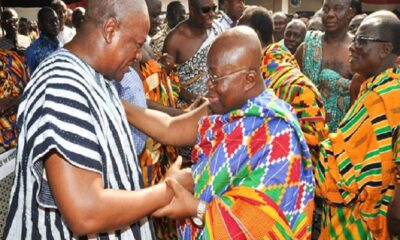
 Manasseh's Blog Posts9 months ago
Manasseh's Blog Posts9 months agoWho Started Free SHS?
-
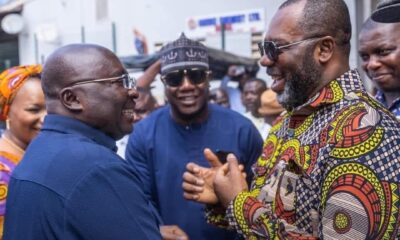
 Manasseh's Folder9 months ago
Manasseh's Folder9 months agoIs Napo Arrogant? And Does It Matter?
-

 Anti-Corruption9 years ago
Anti-Corruption9 years agoMANASSEH’S FOLDER: Unmasking Afenyo Markins, NPP’s apostle of integrity
-

 Manasseh's Folder9 years ago
Manasseh's Folder9 years agoEXCLUSIVE PHOTOS: Manasseh Azure Awuni marries “Serwaa”